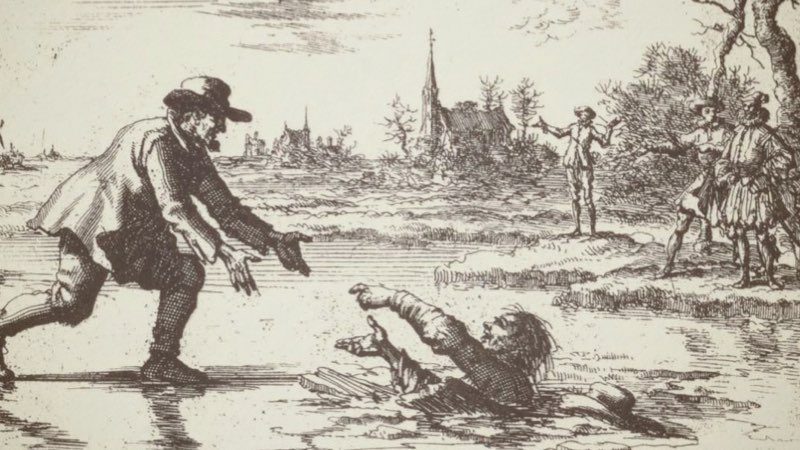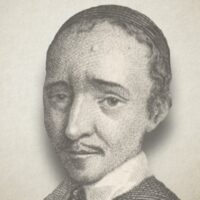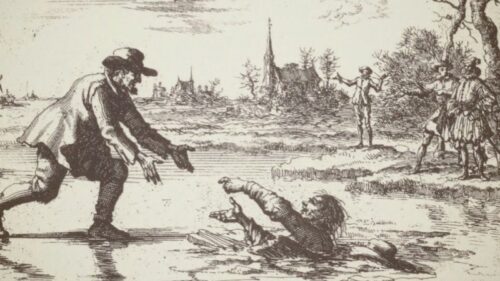
9. The Apostles’ Creed
To give evidence, then, of the faith professed by us, we declare, that we believe in our heart, and confess with our mouth:
The Apostles’ Creed
1. I believe in one God, the Father, the almighty Creator of heaven and earth; 2. And in Jesus Christ, His only-begotten Son, our Lord; 3. Who was conceived by the Holy Ghost, and born of the virgin Mary; 4. Who suffered under Pontius Pilate, was crucified, died, and was buried; 5. Rose from the dead on the third day; 6. Ascended into heaven, and sitteth at the right hand of God, the almighty Father; 7. From whence He will come to judge the living and the dead; 8. I believe in the Holy Ghost; 9. I believe in a holy general Christian church, the communion of saints; 10. Forgiveness of sins; 11. Resurrection of the flesh; 12. And an eternal life.
This is the most ancient and simple creed, which, it appears, was confessed already in or about the time of the apostles; and for which many, yea the greater part of the first Christian believers, have sacrificed their lives. But as, in the course of time, the true and simple meaning of the confession set forth was assailed and disputed by the contradiction and perverse interpretation of contentious and, not less, erring persons going under the name of good Christians; the true believers of the church of God were compelled, as often as this happened, and necessity required, to declare how they understood and interpreted this or that article.
Hence it has come that at this day there are found among those who are called Anabaptists, various confessions, which differ in style, but not in faith, (we speak of the foundation of the same), in which confessions the creed set forth above is more fully interpreted and explained.
Of these we shall present here principally three, which were acknowledged and adopted without contradiction as a unanimous confession, by a great number of teachers, assembled from various districts, in the year 1649, in the city of Harlem. Two of these had been drawn up at Amsterdam, in 1627 and 1630, and the third at Dort, the 21st of April 1632; all on account of certain church unions which took place subsequently in these years.
Thieleman J. Van Braght (1625-1664) was an Anabaptist who is best known for writing a history of the Christian witness throughout the centuries entitled “The Bloody Theater or Martyrs Mirror of the Defenseless Christians who baptized only upon confession of faith, and who suffered and died for the testimony of Jesus, their Saviour, from the time of Christ to the year A.D. 1660” (1660).
Thieleman J. Van Braght, Martyrs Mirror




